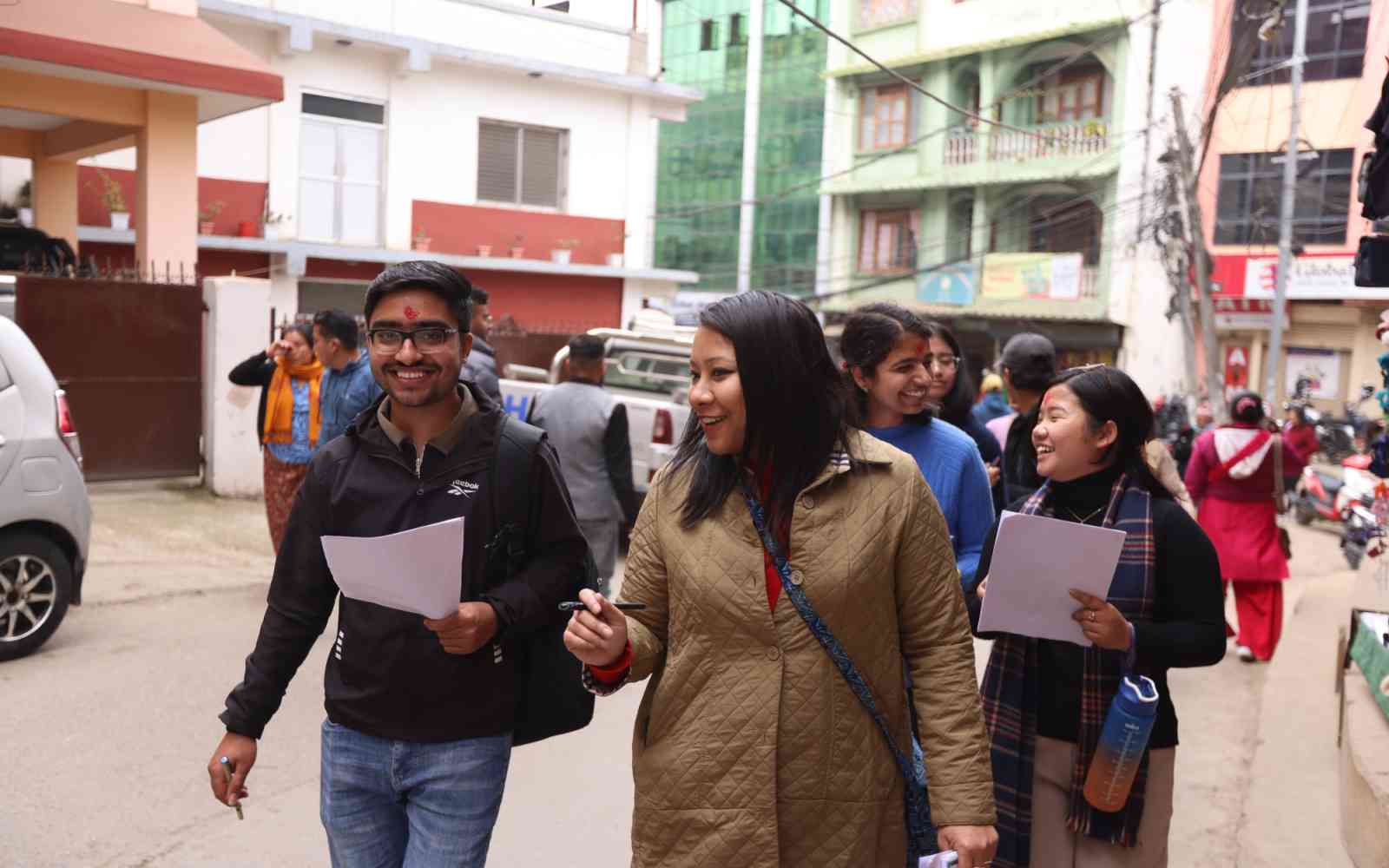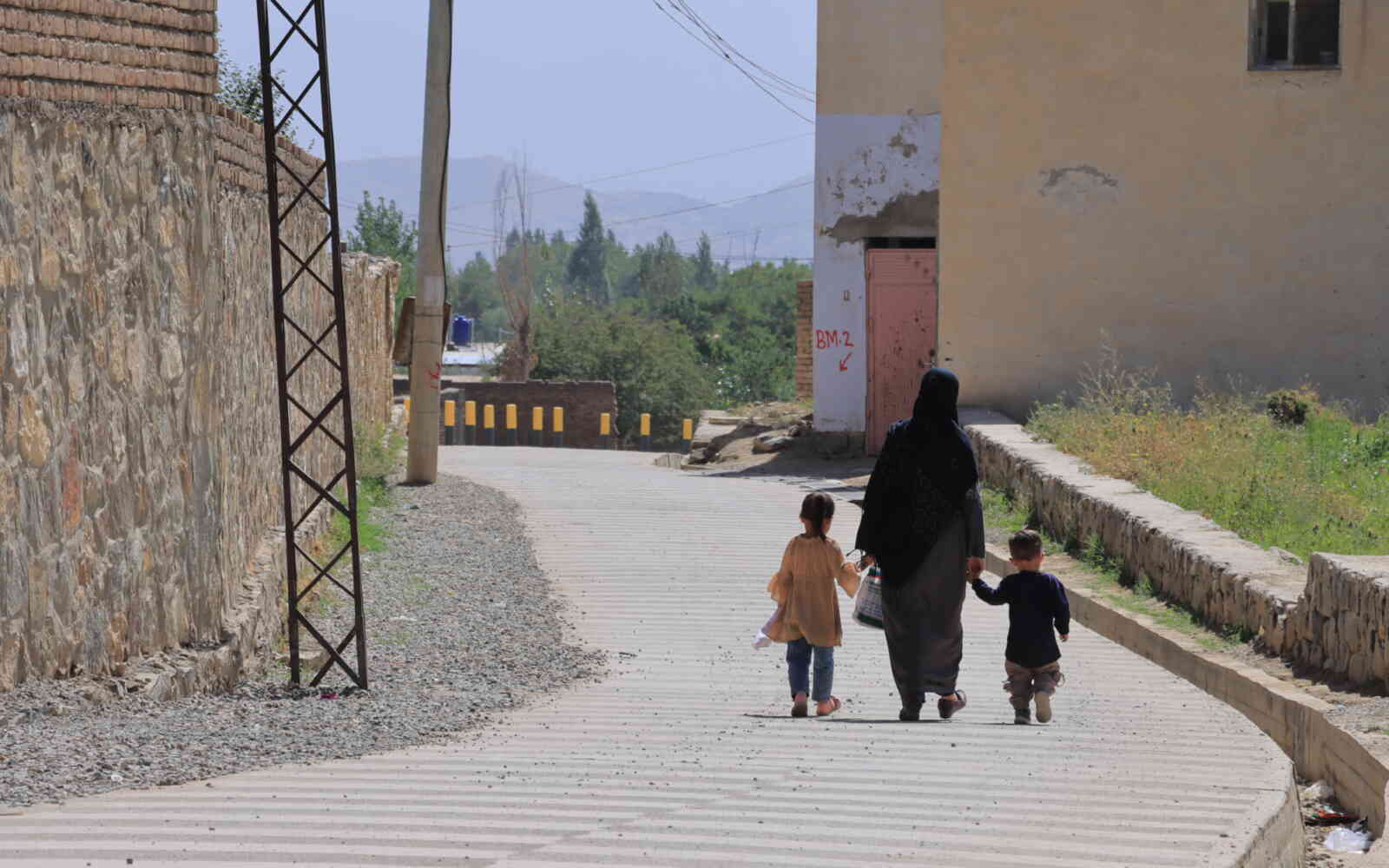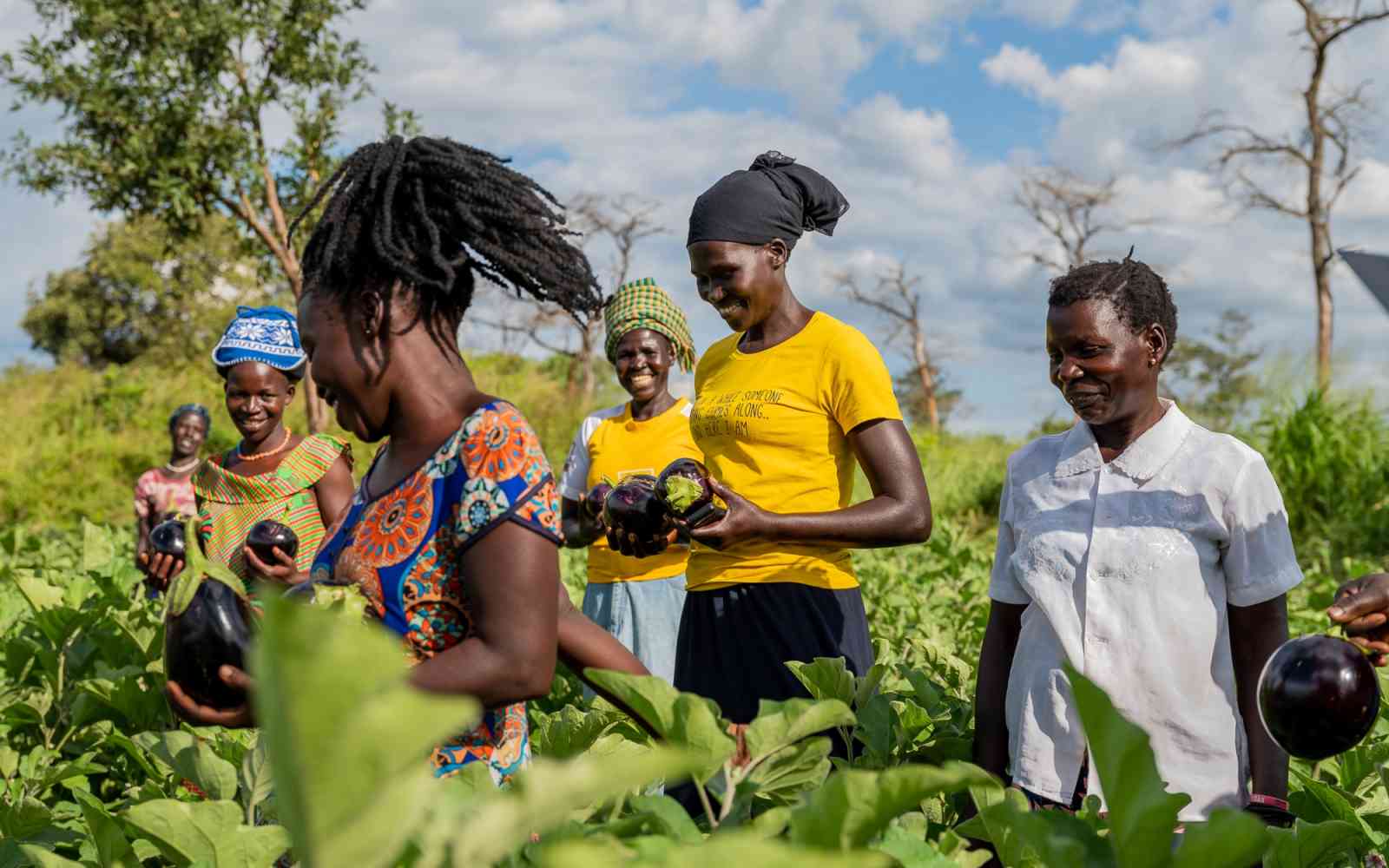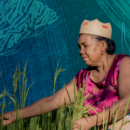The United Nations Office for Project Services (UNOPS)
Gender equality a top priority for UNOPS
UNOPS has launched a new Gender Mainstreaming Strategy that places gender equality considerations at the front and centre of its work.
“Through this strategy, we pledge to ensure that every project and programme, wherever possible, integrates gender considerations that strive to deliver equal benefits for women, men, girls and boys,” said UNOPS Executive Director Grete Faremo.
Although women and girls make up half of the global population, gender inequalities continue to persist across all sectors – from a lack of access to healthcare and education, to early marriage, to a skills gap contributing to decreased competitiveness in labour markets.
Described by UN Secretary-General António Guterres as “the unfinished business of our time,” addressing gender inequalities and empowering women and girls is a fundamental human right and a priority of the Sustainable Development Goals.
Neglecting to invest in women is no longer an option.
The organization-wide strategy positions gender equality as a key component of the projects implemented by UNOPS on behalf of partners around the world each year.
“Women’s empowerment is at the heart of the 2030 Agenda, and equal participation is at the core of sustainable development. It is critical for building peaceful and stable societies,” said Ms. Faremo.
Tied to UNOPS strategic plan, 2018-2021, the Gender Mainstreaming Strategy provides the framework for mainstreaming gender into UNOPS projects’ design and implementation. It puts in place the guidance, training, systems and processes that will enable UNOPS personnel to find the right approach for projects across the different contexts in which the organization works.
The strategy is part of UNOPS ongoing work towards achieving gender equality, which includes the implementation of UNOPS Gender Parity Strategy, launched in January 2018, as well as participation in the UN System-wide Action Plan on Gender Equality and the Empowerment of Women (UN-SWAP).
“Through [our] projects, we have the opportunity not only to demonstrate our commitment to gender equality, but to play a role in the global movements working to make our world a better place,” said Ms. Faremo.











